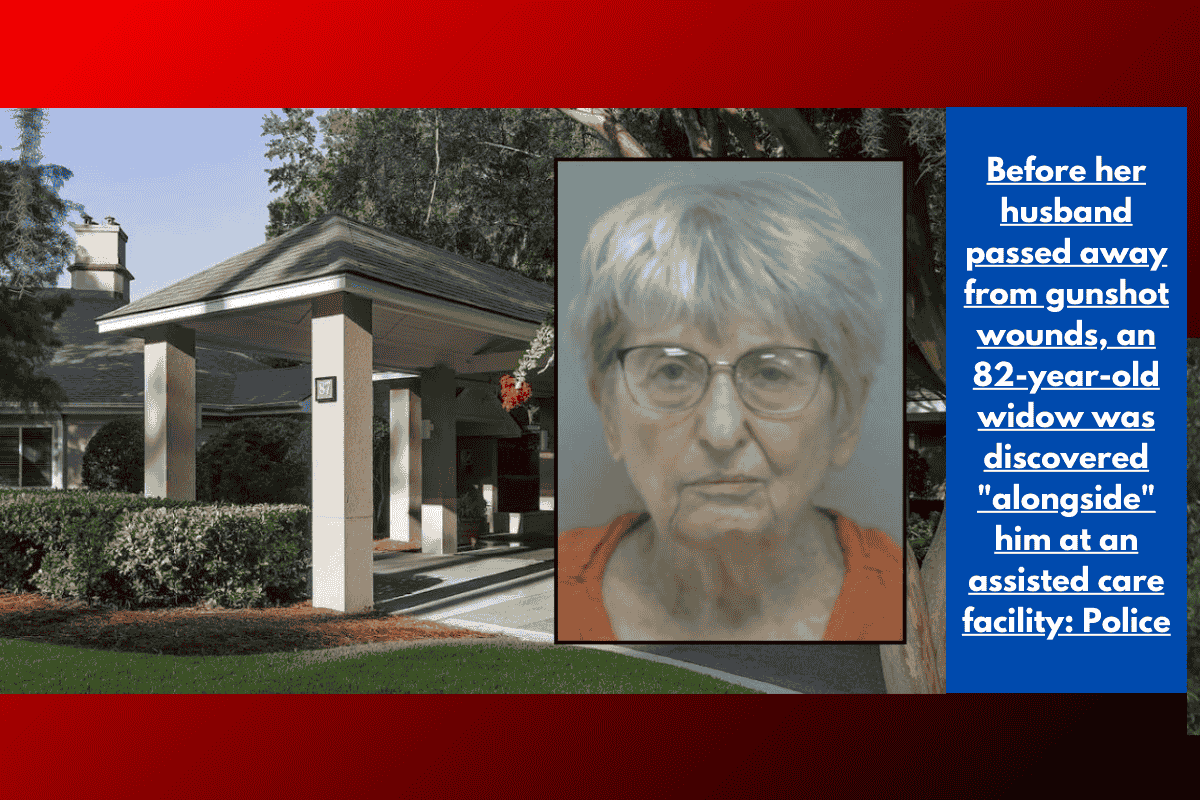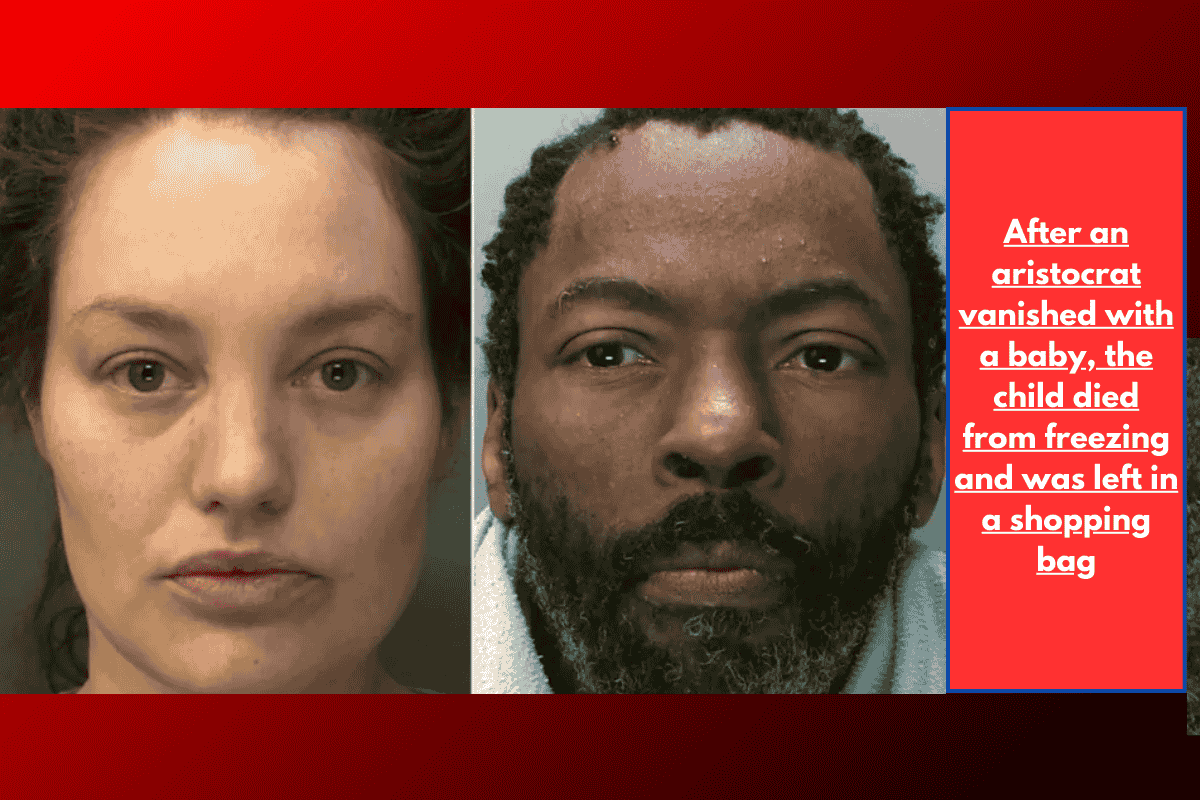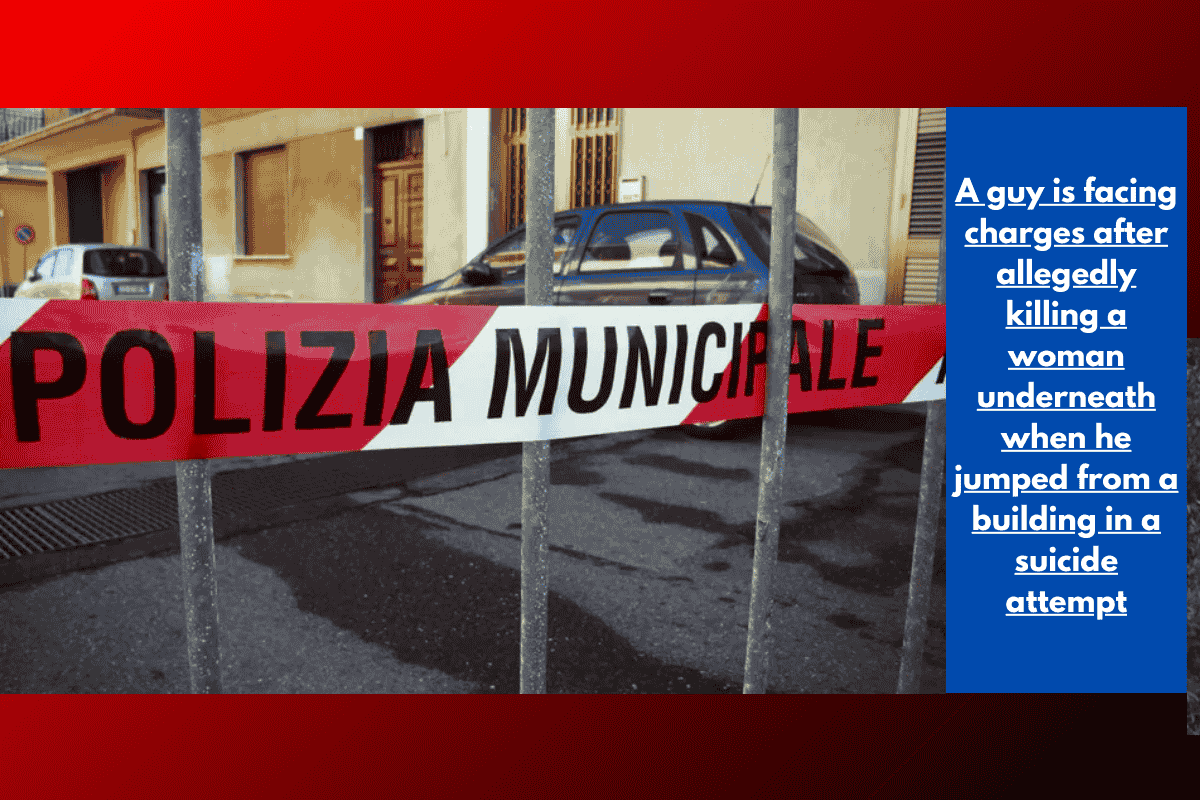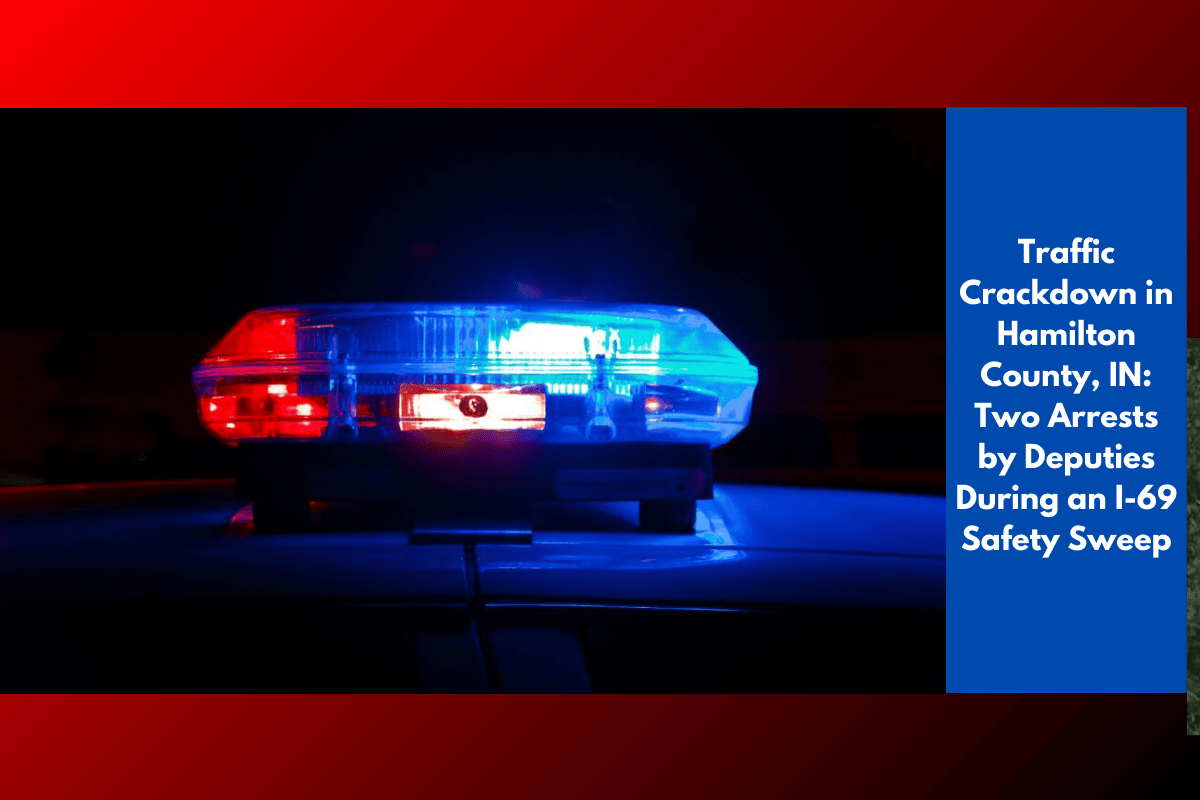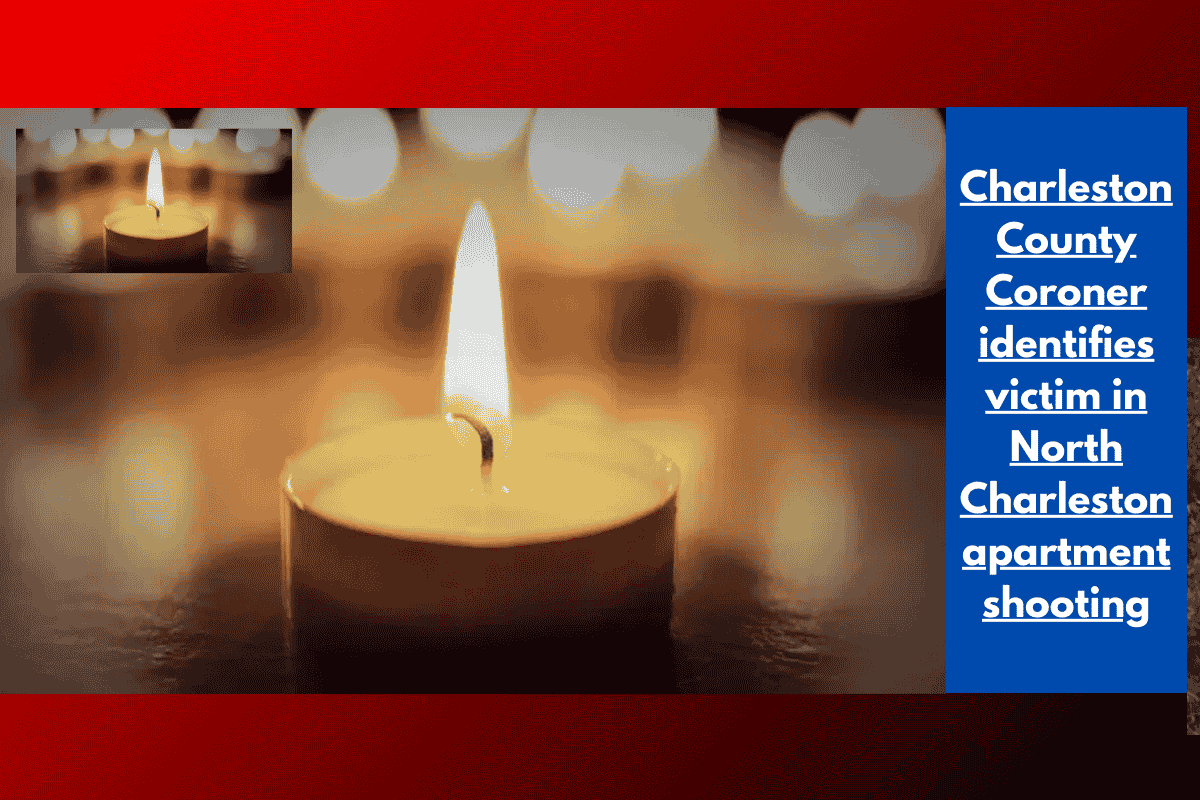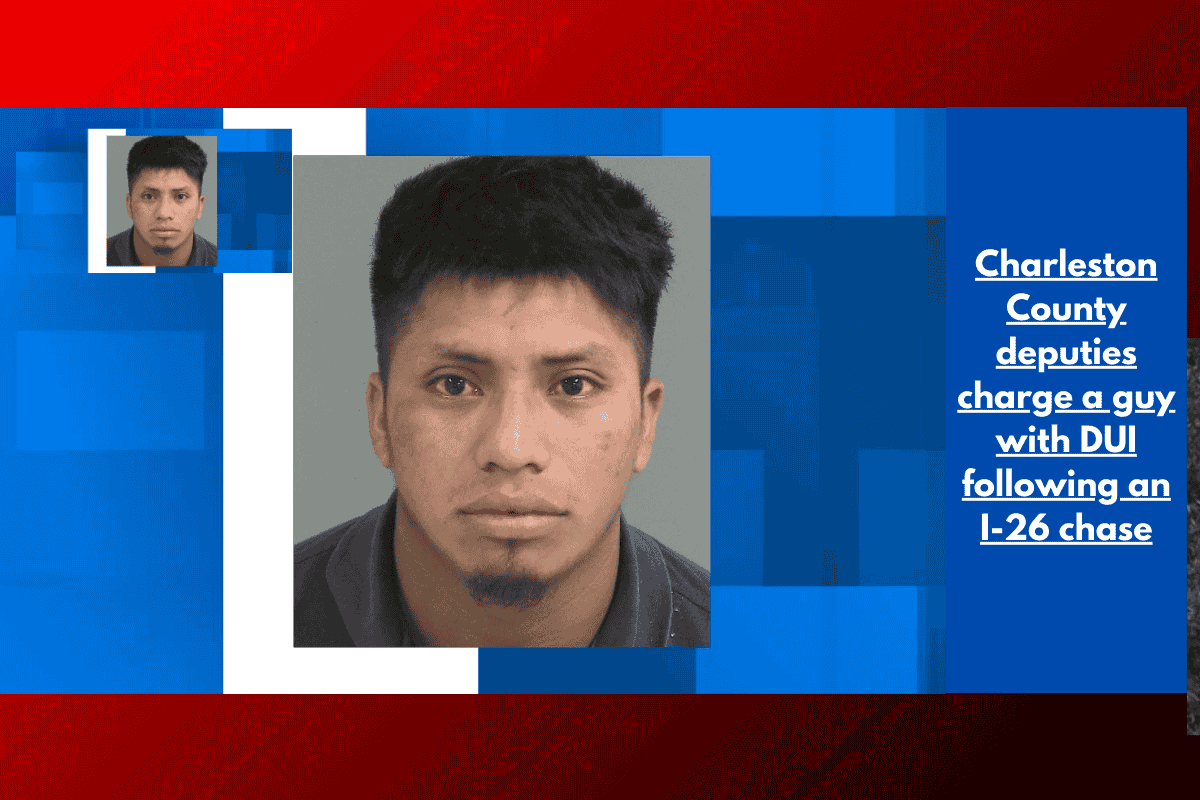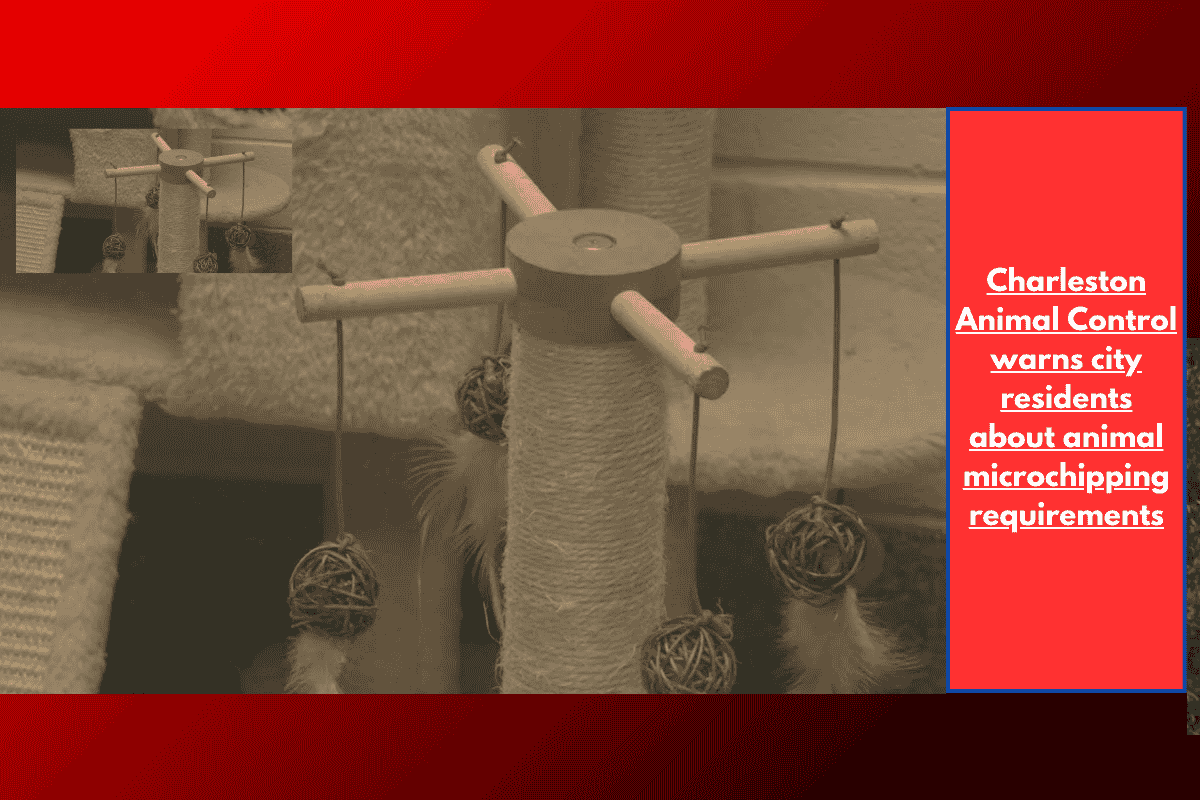The Trump administration and the U.S. Department of Justice (DOJ) have filed a lawsuit against the state of Washington over a newly signed mandatory reporting law, arguing that it infringes on the First Amendment rights of Catholic priests. The lawsuit centers on the sacrament of penance and the seal of confession, asserting that the law forces priests to choose between breaking their sacred oath or facing criminal penalties, thus violating the free exercise of religion.
Background of the Lawsuit
In a move to protect Catholic priests from mandatory child abuse reporting requirements, the DOJ is intervening in the state’s enforcement of SB 5375, a law that compels members of the clergy, including Catholic priests, to report suspected child abuse or neglect to authorities. The law, set to take effect on July 27, mandates that any clergy member who believes a child has been abused or neglected must report it, similar to other professionals like law enforcement officers, nurses, and teachers.
However, Catholic priests argue that this law directly conflicts with canon law, which dictates that the confession seal is inviolable. Under Catholic doctrine, the confidentiality of confession is absolute, and breaking the seal can result in excommunication from the Church.
The DOJ’s Argument
The DOJ’s lawsuit asserts that the law, as written, forces priests to violate their religious duties or face prosecution. Assistant Attorney General Harmeet Dhillon stated, “SB 5375 unconstitutionally forces Catholic priests in Washington to choose between their obligations to the Catholic Church and their penitents or face criminal consequences.”
The lawsuit argues that the law undermines the First Amendment protections for religious practices, asserting that SB 5375 is a direct attack on the religious rights of Catholic priests. The DOJ’s filing stresses that while Washington law already requires individuals in many positions of responsibility to report suspected child abuse, the confessional privilege is uniquely protected by religious laws and should be considered an exception.
The Conflict Between State Law and Church Doctrine
Under the new law, priests are compelled to report information learned during confession, potentially leading to a conflict between their legal obligations and the sacred church practice. The DOJ does not dispute that priests should be mandatory reporters of child abuse generally, but it specifically objects to the law’s requirement to disclose information learned through confession.
The case focuses on the tension between state-imposed legal duties and the religious practices guaranteed by the First Amendment. As the lawsuit emphasizes, breaking the seal of confession could result in excommunication, a severe consequence under Catholic teaching.
Impact and Concerns
The lawsuit highlights broader concerns about the balance between religious freedom and state intervention, especially in cases where religious practices are perceived to conflict with state laws designed to protect vulnerable individuals like children. While the DOJ maintains that the law unfairly targets the Catholic faith, Washington state officials have yet to comment on the legal challenge.
The outcome of this case could have wide-reaching implications for the priest-penitent privilege and similar religious freedoms in the context of mandatory reporting laws across the United States. The DOJ’s involvement underscores the administration’s commitment to defending religious freedoms and preventing what it views as discriminatory laws against religious practices.
Conclusion
The legal battle over SB 5375 is likely to spark further debate about the intersection of religious rights and state mandates. The DOJ’s lawsuit argues that the new law violates the First Amendment by compelling clergy members to disclose information they’ve received in a religious context, potentially jeopardizing the sacred confidentiality of confession. As the case moves forward, it will be watched closely for its potential to redefine the scope of religious freedoms in the United States.



